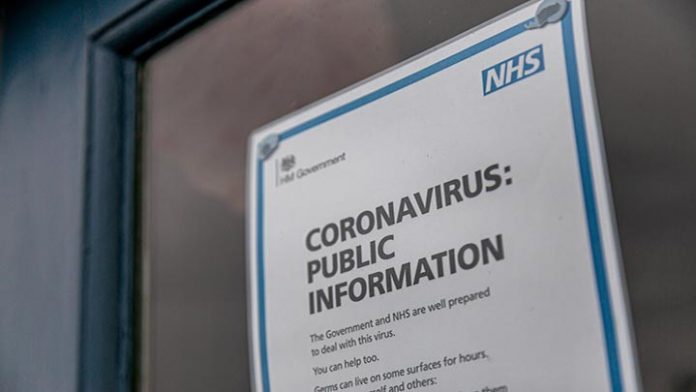UK international and domestic medical tourism is on hold, as all private hospitals are working with the NHS. Questions remain about how hospitals and insurers should deal with individuals and employers who have paid for private medical insurance to give them non-COVID-19-related access to hospitals that are now unable to treat them.
A deal has seen Britain’s independent and private sector hospitals pledge to provide staff and facilities at cost to help the NHS to deal with the high numbers of patients requiring care from the effects of COVID-19.
While the majority of private health insurance customers have expressed their understanding about the unprecedented and unusual times facing the country, the question remains of what insurers should do in terms of collecting premiums from customers or from taking on new customers.
Potential solutions including rebates and refunds are possible, although payment holidays or enhanced NHS cash benefits are thought to be more attractive ways forward for insurers.
Analysis by the Centre for Health and the Public Interest (CHPI) sheds a critical light on the no profit claim of the deal, under which the NHS will gain an additional 8,000 beds and 10,000 extra nurses from private health firms during the coronavirus crisis.
CHPI research suggests that the government, in agreeing to cover private hospitals’ rent and lease costs as part of the arrangement, is protecting private hospitals from severe financial difficulties caused by the pandemic.
The deal ensures private firms will be in a good position once the pandemic recedes to financially gain from dealing with a large backlog of NHS cases, caused by the current crisis.
The new analysis by CHPI suggests profits will be made indirectly through the deal. It argues that the government’s deal to purchase their entire capacity in return for covering their operating costs, overheads, use of assets, rent and interest is in effect a bailout for private hospitals. This is because it keeps the sector afloat when it would likely face the same fate as other industries that are experiencing a significant drop off in demand due to the virus.
While NHS hospitals recover and adjust, private hospitals will be able to work on the rising backlog of patients whose elective operations have been delayed.
Spire Healthcare has told investors: “The agreement allows for sufficient notice to prepare for the resumption of private and NHS elective care in the normal manner once the COVID-19 peak has passed. Spire Healthcare should then be in a strong position to meet the demand arising from the period of elective suspension.”
Primary care is excluded from the agreement, so private GP services will continue as normal. Hospitals are also extending video consultation for patients.








 ©2024 All rights reserved LaingBuisson
©2024 All rights reserved LaingBuisson 


